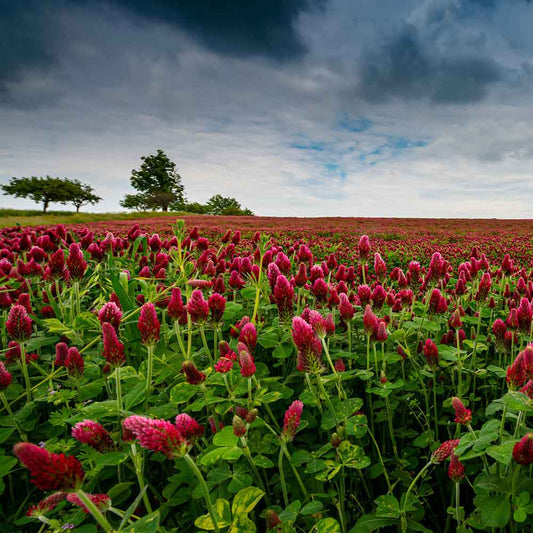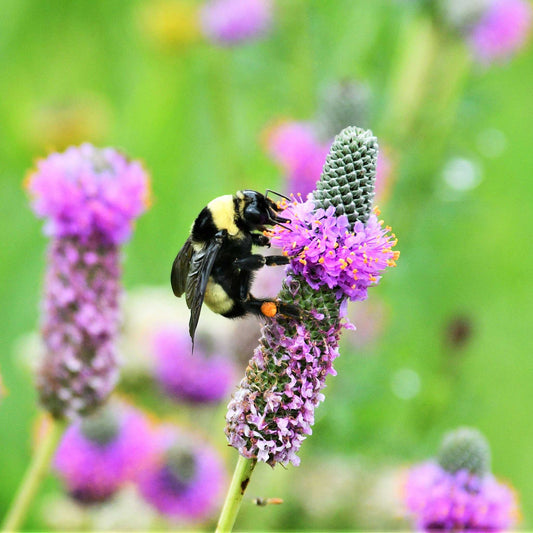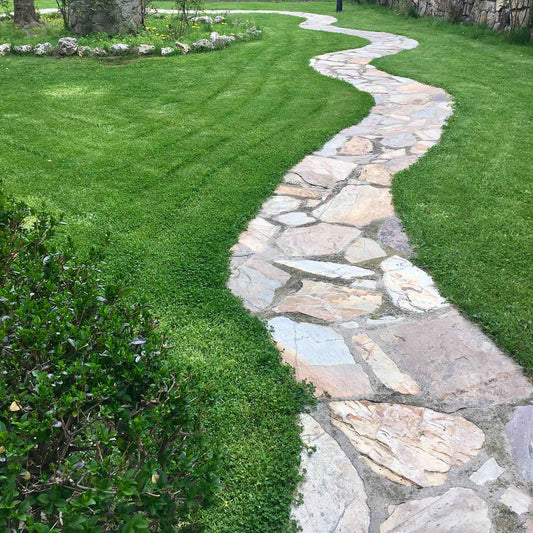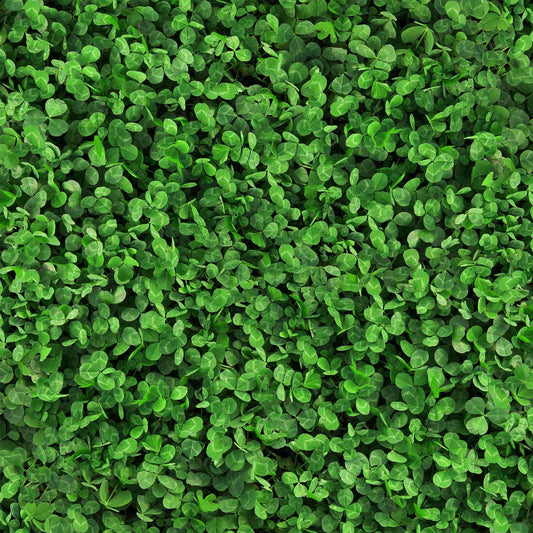-
main-collection-product-grid

Crimson Clover Seeds
Fastest growing of the annual cloversCrimson Clover Seeds
Fastest growing of the annual cloversRegular price As Low As $8.99Regular priceUnit price per -
main-collection-product-grid

Clover Seeds - Purple Prairie
Bright cover crop with great textureClover Seeds - Purple Prairie
Bright cover crop with great textureRegular price As Low As $4.99Regular priceUnit price per -
main-collection-product-grid

Clover Seeds - Micro Clover Jura
Great drought-tolerant, weed-suppressing lawn addition or alternativeClover Seeds - Micro Clover Jura
Great drought-tolerant, weed-suppressing lawn addition or alternativeRegular price As Low As $5.49Regular priceUnit price per -
main-collection-product-grid

Clover Seeds - Microclover Seeds
Create a healthier, more sustainable lawn ecosystemClover Seeds - Microclover Seeds
Create a healthier, more sustainable lawn ecosystemRegular price As Low As $5.99Regular priceUnit price per
Enjoy the wonder of clover
- 4 clover seed varieties
- A natural legume, likes peas and beans
- Excellent cover crop
- Highly rated for beneficial pollinators
Why Clover is a Great Cover Crop
Clover is a versatile plant widely utilized as a cover crop, livestock feed, or green manure due to its adaptability to most climates and its ability to thrive in even relatively poor soil. It fares well in areas with harsh winters, returning every year.
Being a legume, clover can aid in restoring depleted fields or garden plots by “fixing” nitrogen into the soil. This process involves the plant absorbing nitrogen from the air, which is then incorporated into the soil via bacteria along its root system. Therefore, it makes an excellent cover crop before any nitrogen-demanding crops such as tomatoes and sweet corn.
The Magic Ways of Clover
Clover seeds are minute and can be effortlessly dispersed by hand or machine, depending on the intended usage. At Eden Brothers, clover seeds can be purchased in a wide range of quantities for your use in small gardens up to larger farm installations.
As many experienced gardeners realize, bare soil is hard to maintain in the garden. After just a bit of rainfall, weeds or erosion can occur, not to mention that bare soil is just non-productive. Consider planting clover in your garden as well as between your beds. Not only will it improve the makeup of your soil, it will also suppress those early spring weeds that pop up and give us more work than we need. Clover germinates efficiently during cooler months, and planting it early has the added advantage of providing soil coverage before most weed growth commences.
Clover can also be used as a green manure. Essentially, a green manure refers to a live cover crop grown with the intention of tilling it under before it withers. Clover is an excellent choice for green manure due to its high nitrogen content, which enriches the soil when tilled under. Moreover, it decomposes rapidly, allowing you to use it as a weed suppressor by planting it early in the spring, tilling it under, and then following up with a summer or fall crop.
Clover Care and Maintenance
Whether utilizing clover in rotation before a summer or fall crop or following spring crops with a summer planting, it serves as an effective method for revitalizing soil. On occasions, you can even opt to let the clover grow and flower for the bees rather than mowing it. Later, you can still mow and till the clover a few weeks prior to planting vegetables.
Consider planting clover with another crop, using it as a ground cover beneath vining plants. Underseeding with clover is an excellent approach for covering soil and eliminating weeds. Picture your pumpkin or squash growing amongst clover that is building up your soil, rather than amongst weeds that steal nutrients from your valuable crops and time and energy away from you.
Our clovers are annuals, therefore if you till them under prior to flowering, they will not return next year. If you allow the clover to flower to attract pollinators, you will most likely see clover again the following year, which could be an added bonus.



